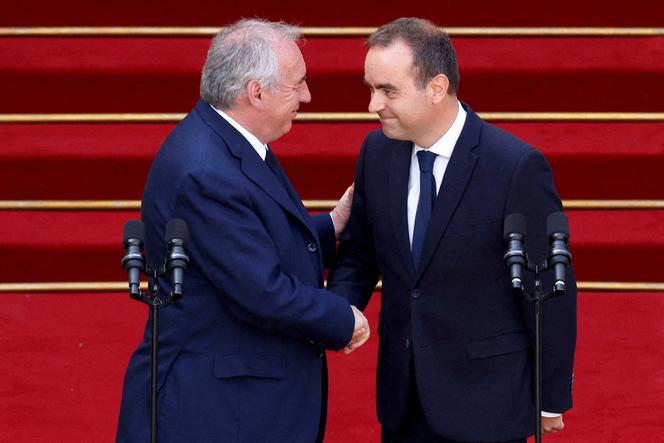


French Prime Minister Sébastien Lecornu vowed that he would finally appoint a new government by the beginning of October, adding that it was "out of the question" that he would propose an austerity budget, in an interview published on Friday, September 26.
Lecornu was named by President Emmanuel Macron to stabilize a political crisis on September 9 as the seventh PM of his mandate.
But Lecornu, 39, has shown no hurry in shaping a government which will seek to avoid the fate of his two predecessors who were ousted by parliament. "The government will be appointed before the start of the parliamentary session," which begins on October 1, he told Le Parisien newspaper in one of his first major interventions since taking office.
Lecornu's office declined to confirm a specific date for the appointment of the government, or whether it would take place before Wednesday. Unions are due to hold nationwide protests on Thursday. "I want to continue working on the budget proposal. Ministers who want to join the government will have to endorse it," he added.
His predecessor, François Bayrou, was brought down in a standoff over the budget after proposing a radical €44-billion cost-saving plan to bring down France's debt. Lecornu said that "preparing a budget of austerity and social regression is out of the question."
He said his budget would foresee a budget deficit of 4.7% of GDP − as opposed to the 4.6% proposed by Bayrou − with this coming in line with 3% by 2029 in keeping with eurozone rules. Lecornu said he was "starting from scratch" from the previous administration to take into account his consultations with unions and political forces.
The shape of Lecornu's government remains unclear, with sources quoted in French media saying he was maintaining a near-monastic silence over who would be appointed to key positions. He appeared to rule out any intention of poaching figures from the Socialist Party, as future ministers will have to "share the broad guidelines of the common core."
Lecornu also opposed reversing the 2023 pension reform − one of Macron's flagship domestic changes, which caused protests − saying this would "solve none of the problems."
He also said he "did not believe" that a mooted wealth tax − dubbed the Zucman tax after the economist who suggested the levy on the ultra-rich and which has wide support on the left − would be a "good response."
